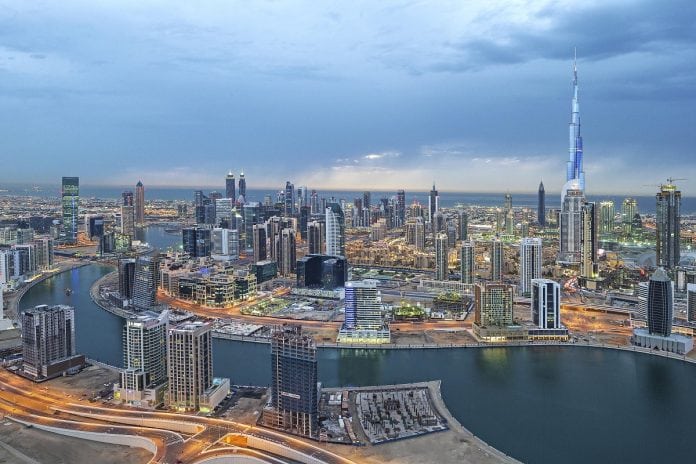
- Dubai rises to Top 20 of the world’s most expensive cities for expatriates to live in
- Abu Dhabi (23rd) and Riyadh (52nd) also rise in the ranking, though modestly
- No major fluctuations in the ranking for cities across the Middle East, with the exception of Egypt which dropped almost one hundred places to 183rd
According to Mercer’s 2017 Cost of Living Survey, Dubai and Abu Dhabi are the second and third most expensive Middle Eastern cities for expatriate cost of living. The global ranking sees Dubai climbing one place from last year to become the 20th most expensive city in the world, with Abu Dhabi just behind in 23rd place and two spots up from last year. The rise in the rankings follows the wider Middle Eastern trend of GCC countries becoming more expensive.
Nuno Gomes, Principal Information Solutions Leader at Mercer Middle East, North Africa and Turkey, commented: “Dubai and Abu Dhabi continue to rise in the global rankings in line with increasing cost of living indicators in the UAE. However, this year currency fluctuation was less of a factor in worldwide changes in the rankings, so the slight rise on the list represents a true increase in the cost of living in the UAE when compared to other cities globally.”
In addition to Dubai and Abu Dhabi, six other Middle Eastern cities appeared in the world’s top one hundred, including Riyadh (52), Beirut (53), Manama (55), Amman (59), Doha (81) and Muscat (92). Manama, Bahrain climbed by the most spots among Middle Eastern cities, coming in at 16 places higher than last year, with Riyadh and Muscat also rising by five and two places respectively. Meanwhile, Beirut fell by two places, Amman by nine and Doha by five.
Middle Eastern cities that fell just outside of the global top one hundred include Jeddah (117), which rose by four places, as well as Kuwait City (111), Istanbul (142) and Cairo (183), which dropped by eight, forty-one and ninety-two spots respectively. The plummet in Cairo’s ranking follows a major devaluation of its local currency, and the city now represents by far the least expensive city in this part of the world. The other least expensive cities in the region are Istanbul, Jeddah and Kuwait City.
Mercer’s 23rd annual Cost of Living Survey finds that factors like instability of housing markets and inflation for goods and services contribute to the overall cost of doing business in today’s global environment.
Mercer’s authoritative survey is one of the world’s most comprehensive, and is designed to help multinational companies and governments determine compensation allowances for their expatriate employees. New York is used as the base city and all cities are compared against it. Currency movements are measured against the US dollar. The survey includes over 400 cities across five continents and measures the comparative cost of more than 200 items in each location, including housing, transportation, food, clothing, household goods, and entertainment.
At a global level, European and Asian cities continue to dominate the top of the list. This year’s most expensive city though is Luanda, Angola, back at the top spot which it also occupied in 2014 and 2015. The same cities remained at the Top 5, despite changes in ranking positions; Hong Kong, Tokyo, Zurich and Singapore complete the list of most expensive cities in the world.






















![The Square at Nad Al Sheba Gardens Now Open hope tax season treated you well! Just checking in—ready to refocus on growing your business? I remember how we discussed scaling your [specific aspect of their business, e.g., online presence] but paused due to time constraints. We now offer a streamlined 6-month plan that delivers real results without adding to your workload. Let me know if you'd like to chat—I’d love to help you pick up where we left off!](https://www.dubaichronicle.com/wp-content/uploads/2024/11/The-Square-5-218x150.jpg)









